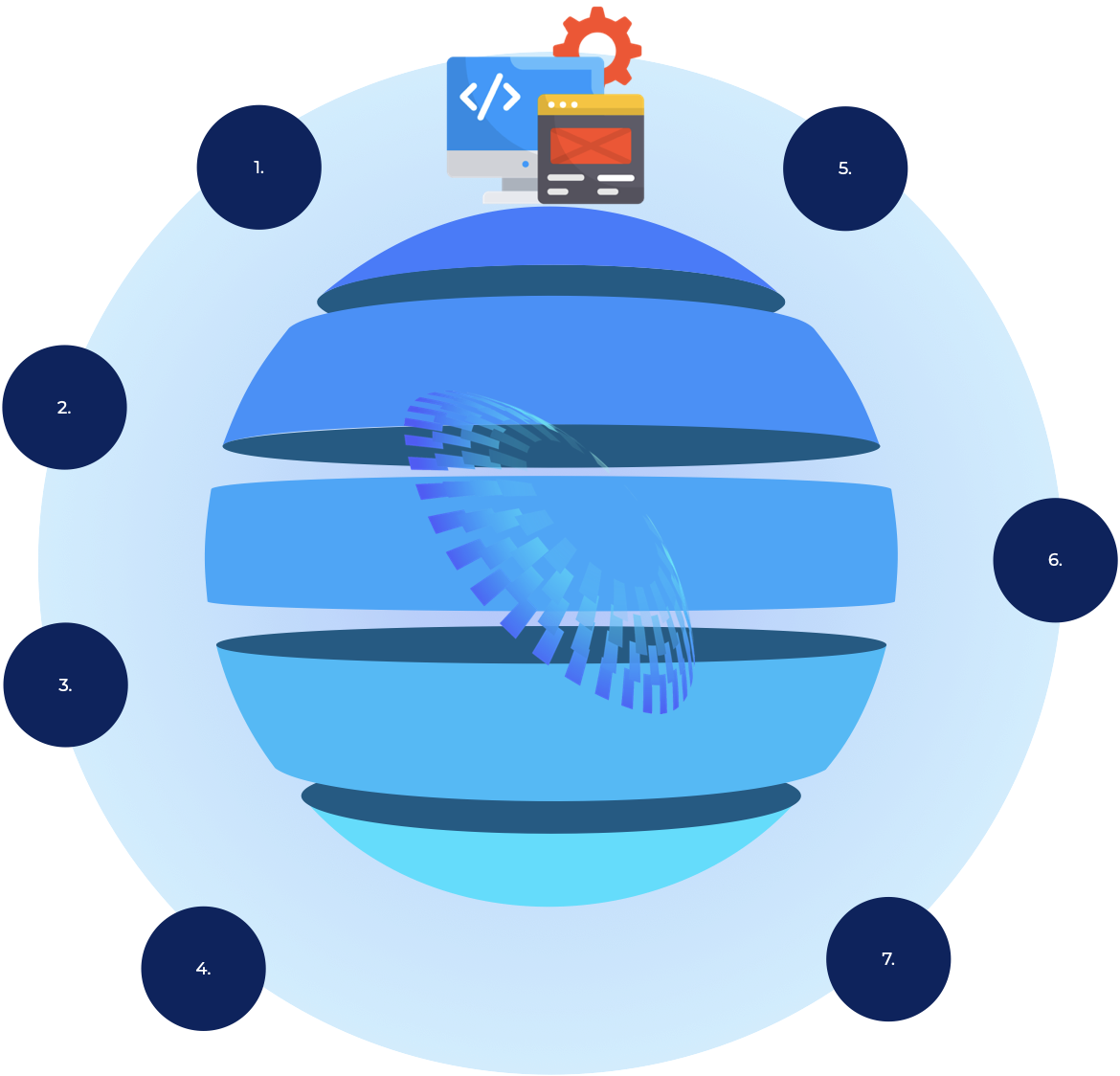
SOFTWARE AND HARDWARE ASSETS

Software and hardware assets
Due diligence scope
Reviewing software and hardware assets is a crucial part of technology due diligence because these assets are the foundation of a company's technology infrastructure. They impact a company's operations, strategy, and future potential. Here's why they are important:
Asset evaluation
Understanding what software and hardware assets a company owns can provide insights into its technological capabilities. This includes both tangible assets, such as servers and computers, and intangible ones like software and licenses.
Operational efficiency
The efficiency and reliability of a company's operations often hinge on the quality and condition of its software and hardware assets. Poorly maintained or outdated assets can lead to operational inefficiencies, which can impact productivity and profitability.
Scalability
Reviewing these assets can provide insights into whether the company's technology infrastructure can scale to meet future demands. If the company's hardware or software cannot support growth, this could pose significant risks.
IP ownership
It's important to confirm that the company owns or has proper licenses for all its software assets. This can help avoid potential legal issues related to software copyright and licensing.

Security
Software and hardware assets also play a critical role in a company's cybersecurity posture. Outdated software and hardware can expose the company to security vulnerabilities. Therefore, understanding the company's software and hardware assets can give insights into potential cybersecurity risks.
Financial evaluation
Software and hardware assets are also important for financial reasons. They can be a significant part of a company's value, and understanding these assets can provide insights into the company's financial health.
Regulatory compliance
Certain industries require compliance with specific standards for software and hardware assets. A due diligence review can help ensure that the company is in compliance with these regulations.
Software and hardware assets
High-level scope
Inventory of software and hardware assets
Create a complete list of all the software applications and hardware devices owned or used by the company. Include all purchased, Open-Source, and proprietary software, and any third-party tools or services used. For hardware, include all physical devices, servers, and network equipment.
Licenses and ownership
Verify the licensing and ownership status for each software asset. Make sure the company has the proper licenses for all software and determine if any software was developed in-house. Check if the company owns the hardware or if it's leased or rented.
Maintenance and support contracts
Identify all ongoing maintenance and support contracts for software and hardware. Note the cost, duration, renewal dates, and conditions for termination.
Dependencies
Identify any dependencies the company's operations have on specific software or hardware. Consider what would happen if those assets became unavailable or were discontinued.
Version and updates
Check if all software and hardware are up-to-date. Understand the company's process for updating and upgrading their assets.
Software integration
Understand how different software systems are integrated with each other. Verify if any custom integrations are in place and assess the quality and maintainability of those integrations.
Hardware capabilities
Evaluate the capacity, scalability, and lifecycle of the company's hardware. Are the hardware assets powerful enough to handle current needs? Can they be scaled up to meet future needs? How often does the company replace or upgrade hardware?
Security measures
Review the security measures in place for software and hardware. This can include firewalls, antivirus software, encryption, and more.
Performance
Assess the performance of software applications and hardware devices. Is there any performance issue that could impact business operations?
Documentation
Check if there's proper documentation for all software and hardware assets, including their configurations, customizations, and usage guidelines.
